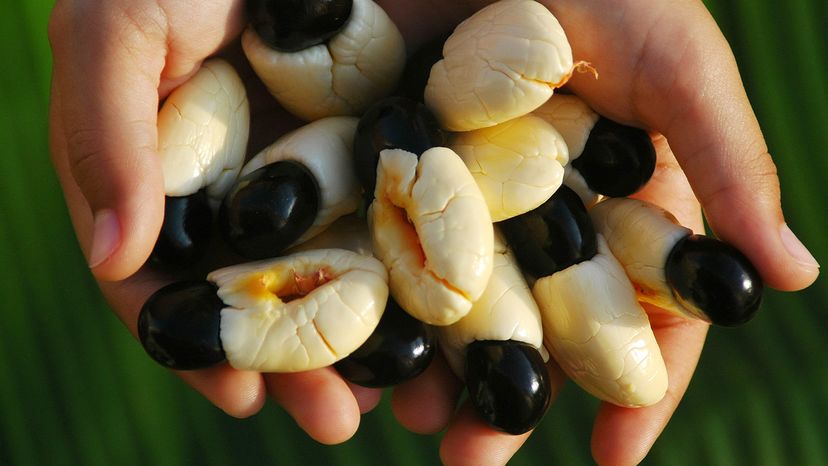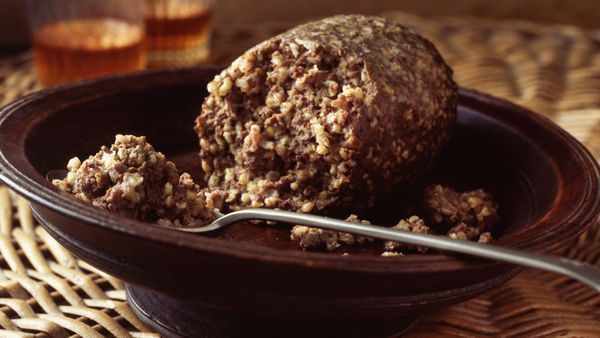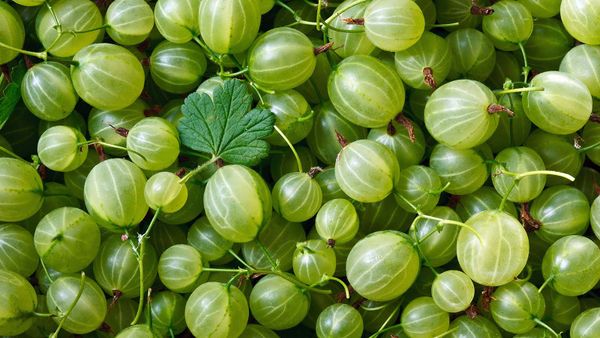
There are foods enjoyed around the world which U.S. considers so risky that they're outright banned there. Some of these pose the risk of foodborne illness while others bring agricultural pests into the country. The process of determining which foods are safe is regulated by the Food and Drug Administration (FDA) and/or the U.S. Dept. of Agriculture (USDA), depending on the type of food in question.
Here's a list of seven foods that are generally illegal in the U.S. Some of them are only banned in certain states.
Advertisement


